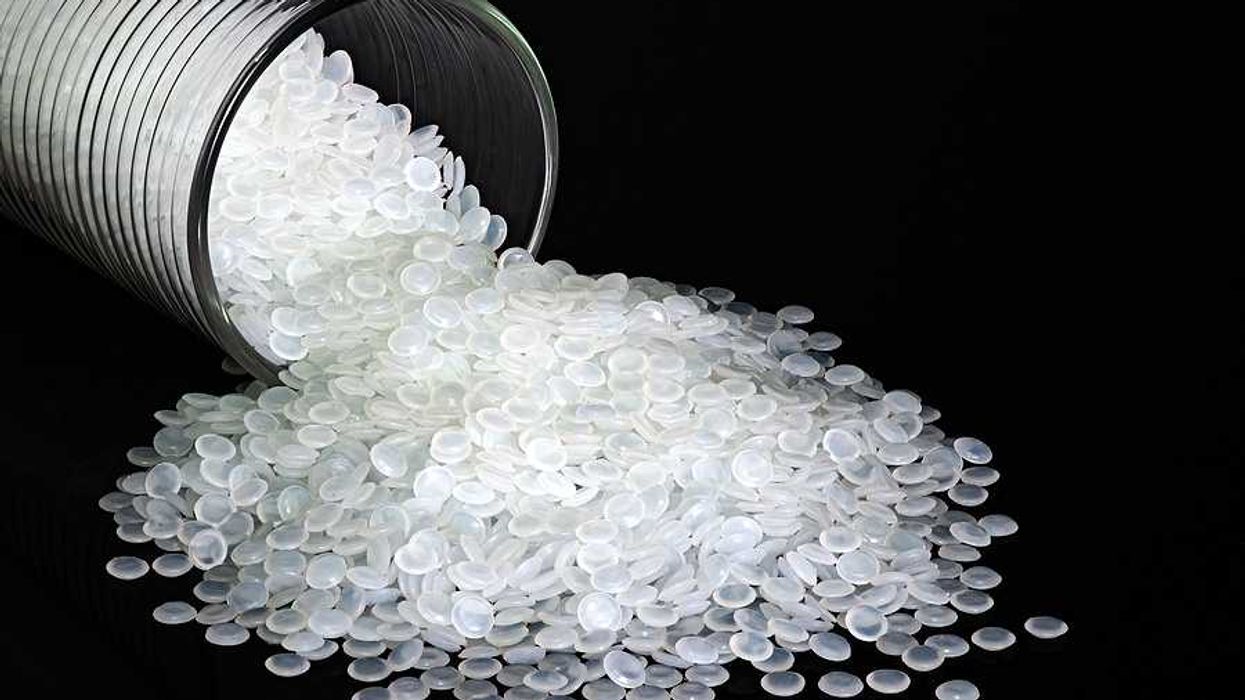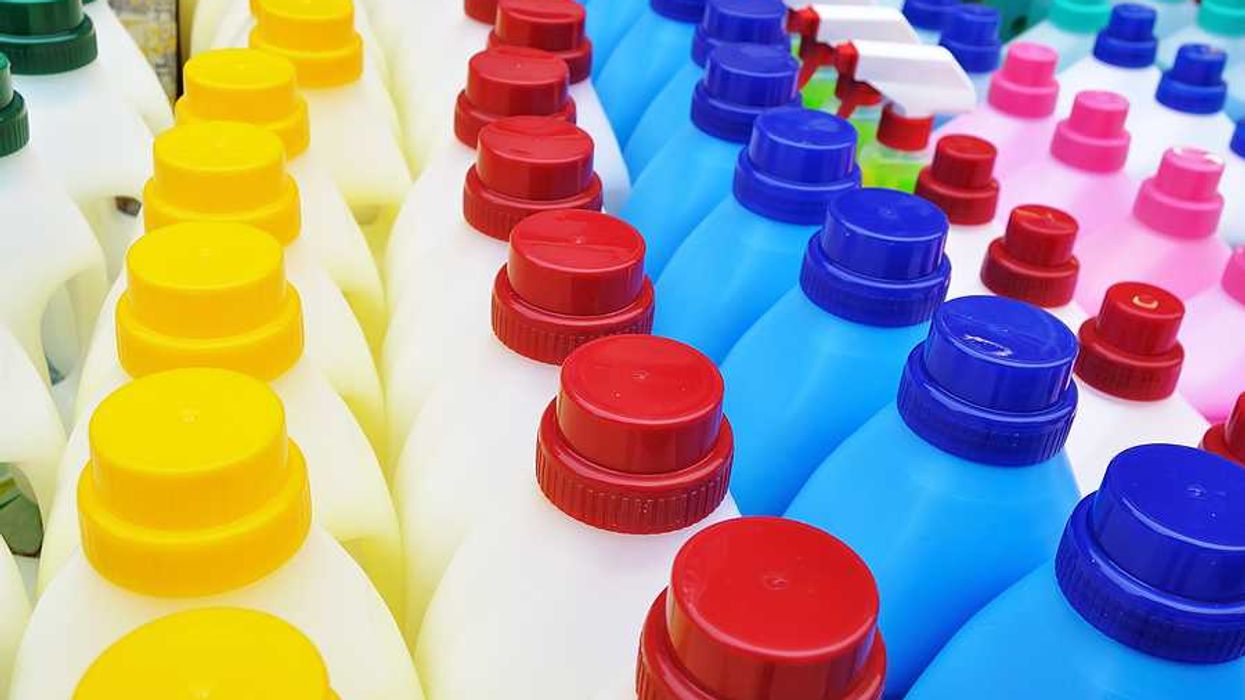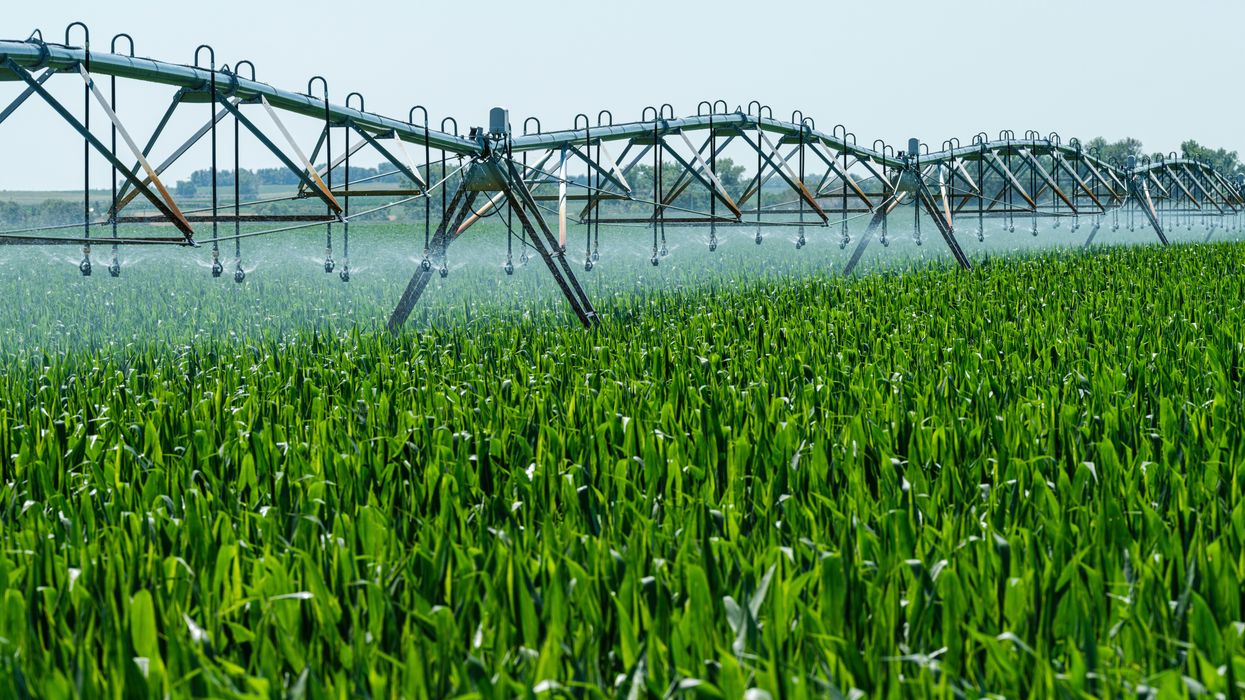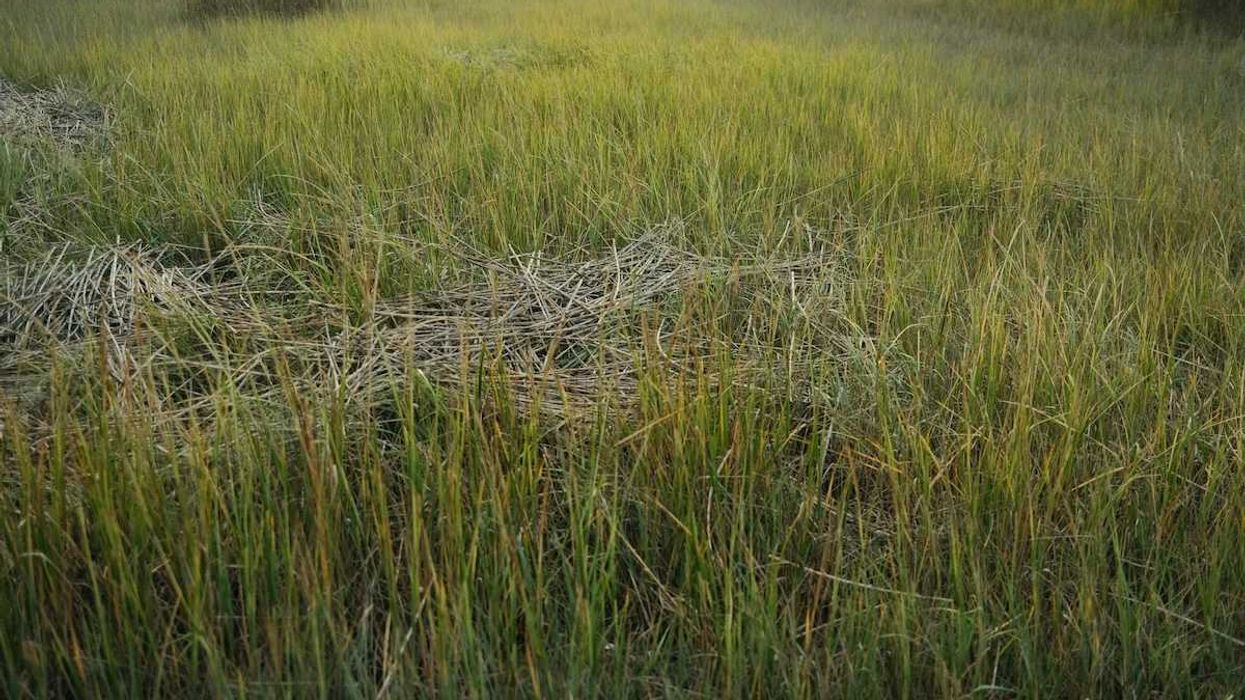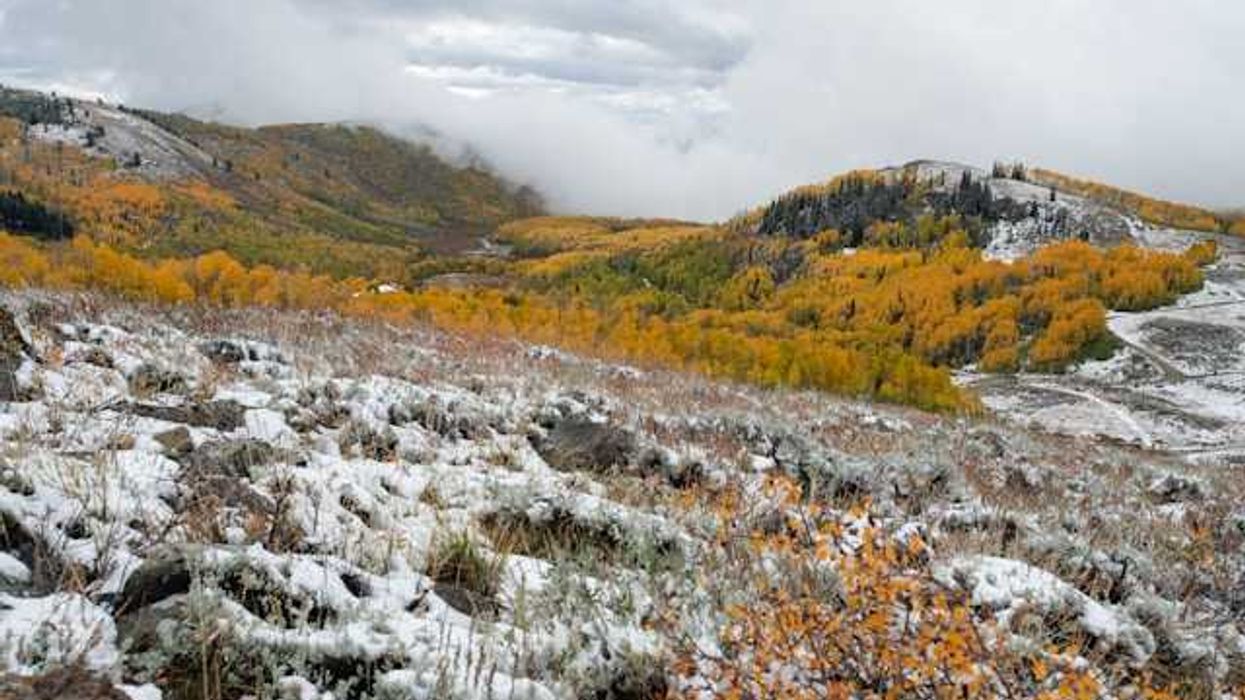Virginia farmers and fishermen are alarmed by a surge in sewage sludge fertilizer from Maryland, which contains PFAS chemicals that threaten local waterways and agriculture.
Hiroko Tabuchi reports for The New York Times.
In short:
- Maryland has begun restricting the use of sewage sludge fertilizer after detecting PFAS contamination, but a major sludge distributor is seeking to expand its use in Virginia instead.
- PFAS, or “forever chemicals,” are linked to cancers and developmental problems and have been found in biosolids from all 22 Maryland wastewater plants currently approved to export to Virginia.
- Local opposition in Virginia is growing as watermen, environmentalists, and some farmers fear the sludge will pollute rivers that support both drinking water and the state’s booming oyster industry.
Key quote:
Sewage sludge fertilizers "aren’t safe enough for farms in Maryland, so they’re coming to Virginia. That’s wrong."
— Dean Naujoks, Potomac Riverkeeper Network
Why this matters:
The biosolids made from sewage sludge — marketed as free or low-cost fertilizer — can carry harmful chemicals when applied to farmland. As rainfall carries runoff into nearby streams and rivers, PFAS can make their way into aquatic ecosystems and eventually accumulate in fish and shellfish, which people eat. This matters in places like Virginia’s Northern Neck, where both farming and water-based industries are vital to local livelihoods. And with no federal regulations yet in place for PFAS in sludge, the burden of oversight falls to states, leading to a regulatory patchwork that allows pollution to cross state lines. When one state tightens its standards, another may be left dealing with the waste — and the consequences.
Related:



